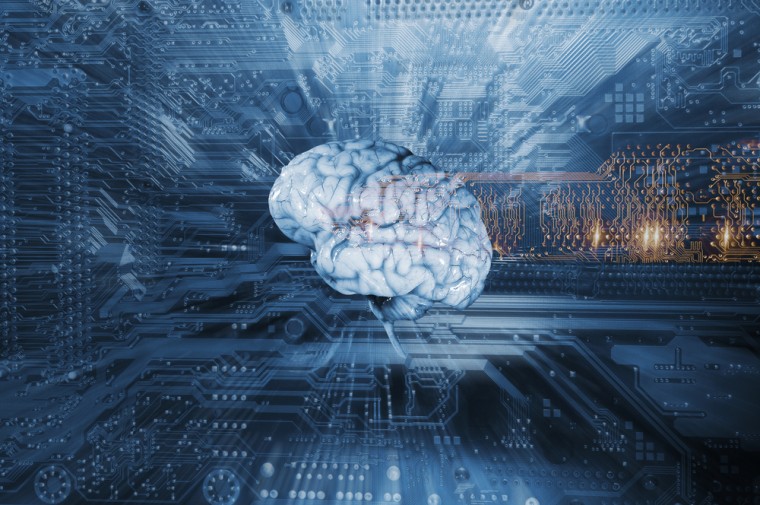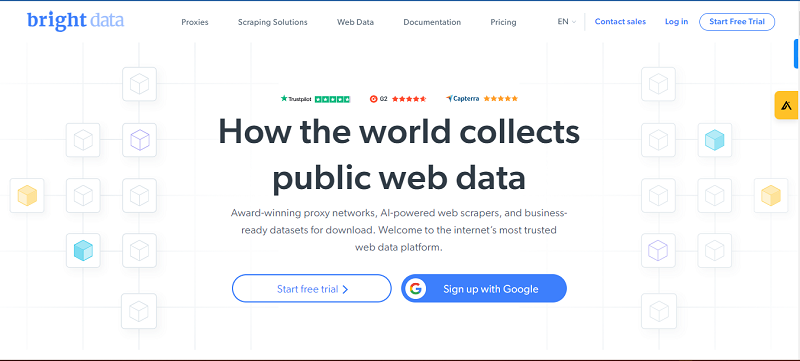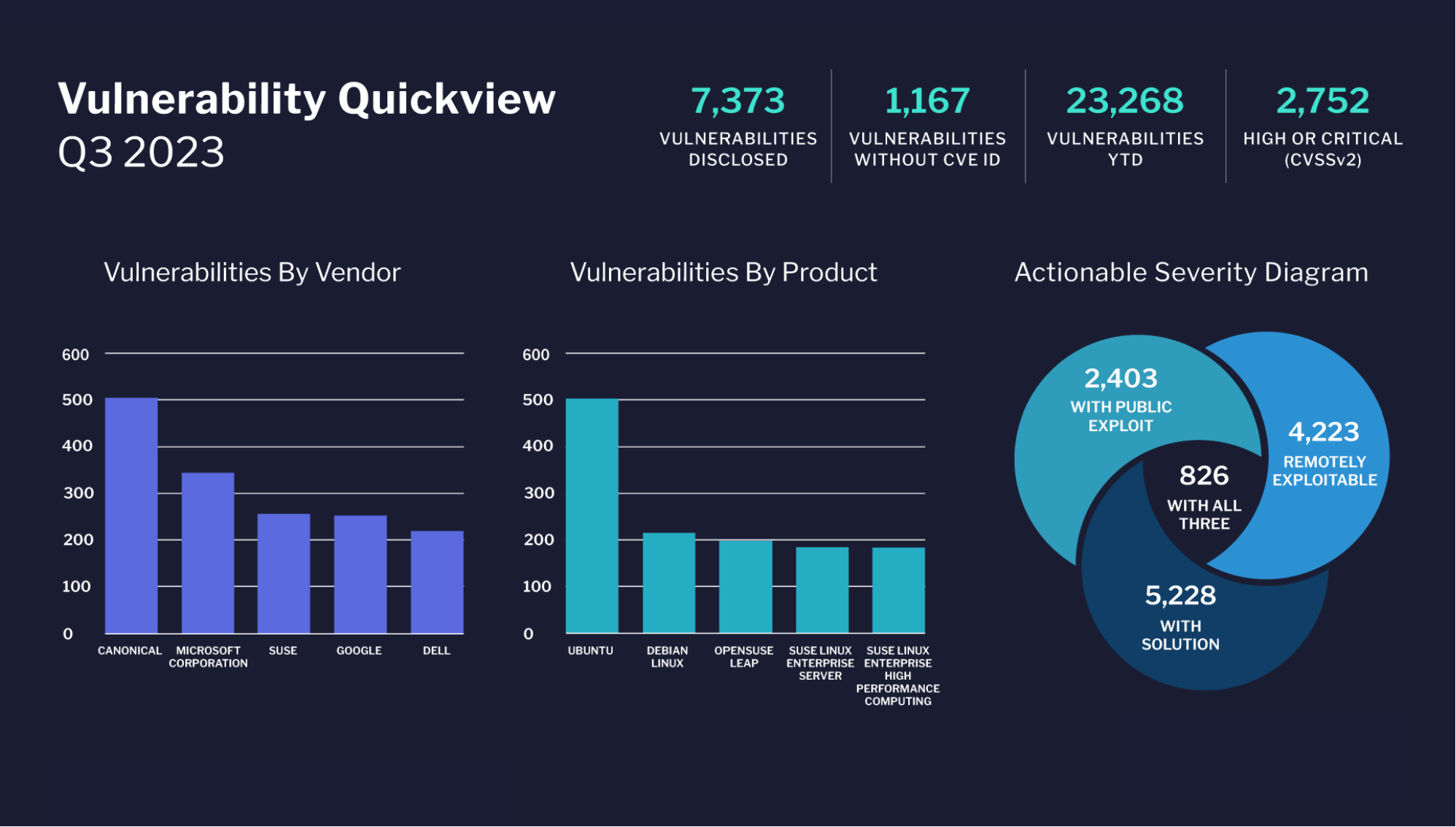Artificial intelligence has become an extremely hot topic over the last couple years. While many people welcome the thought of self-driving cars and chatbot customer service agents, others are rife with worry over the disappearance of jobs and potential for AI misuse.
But whether you’re a supporter or a skeptic, there’s no denying that we’re going to be seeing a lot more artificial intelligence coming our way over the next few years.
One area that looks set to be transformed by AI is the industry I work in — accounting. Automated accounting software platforms are growing in popularity thanks to their data-driven intelligence and ease of use — especially as more and more people turn to freelancing and the market size for cloud accounting grows.

Traditionally, accounting meant that a business’s accountant or bookkeeper would look at every transaction that pertained to a business, and make a “journal entry” for it. In essence, this meant categorizing that transaction, and keeping track of the balance of each account that a business has (bank accounts, credit cards, inventory, and so forth).
Software started to automate that process about 30 years ago. Suddenly, accountants could categorize a transaction, and the sums of the accounts were automatically kept in check. Later on, companies like Intuit developed auto-categorization, using hard-coded rules to identify specific transactions and assign them to categories.
Which brings us to today: last year, Xero made a splash in our industry’s Xero vs. Quickbooks debate by announcing that they’d be using machine learning auto-categorize transactions. That meant instead of using Quickbooks-style hard coded rules, they had written algorithms that would watch how a human bookkeeper categorized transactions, start to categorize on its own, follow corrections, and continuously get better. This is potentially game-changing in the world of accounting, because if the algorithm can truly get better and better over time, then eventually the need for a human bookkeeper will be significantly reduced.
Of course, there are elements of the human experience that an algorithm simply can’t replicate — at least not yet. There’s an emotional and intuitive side to business as well, and many business owners still feel the importance of having a trusted advisor look them in the eye and tell them how their business is doing.
When it comes to advisory services, Machine Learning is going to fall short at least for the foreseeable future. The reason is that humans can take data stored digitally into account in making or advising on important decisions, but they can also take offline data into account. What the business owner likes, dislikes, their principles and values. An AI tool can only take digital data into account. Thus, it may be great for categorizing transactions, but far from great when it comes to making sound recommendations in the broader context of the business.
In my opinion, the question of AI in accounting will not become a man vs machine debate. While AI can, and will, achieve more than humans in many ways, it can’t do everything. Because of that, the emphasis should be on what humans and AI can achieve together.
Concerns about AI are forcing accountants to up their game, yes — but it’s incapable of completely displacing them. Many accountants are embracing new technology as a way to increase their own effectiveness, using technology to assist them because they want to and because they can serve clients better.
Machine learning is increasingly doing the bulk of the heavy computational and technical lifting when it comes to accountancy. It will do the tedious work of verification, calculations, and data gathering. This frees up human time to take on more clients, increase their productivity and deliver more value through insight – instead of spending hours trawling through data and figures.
By Tim Chaves





